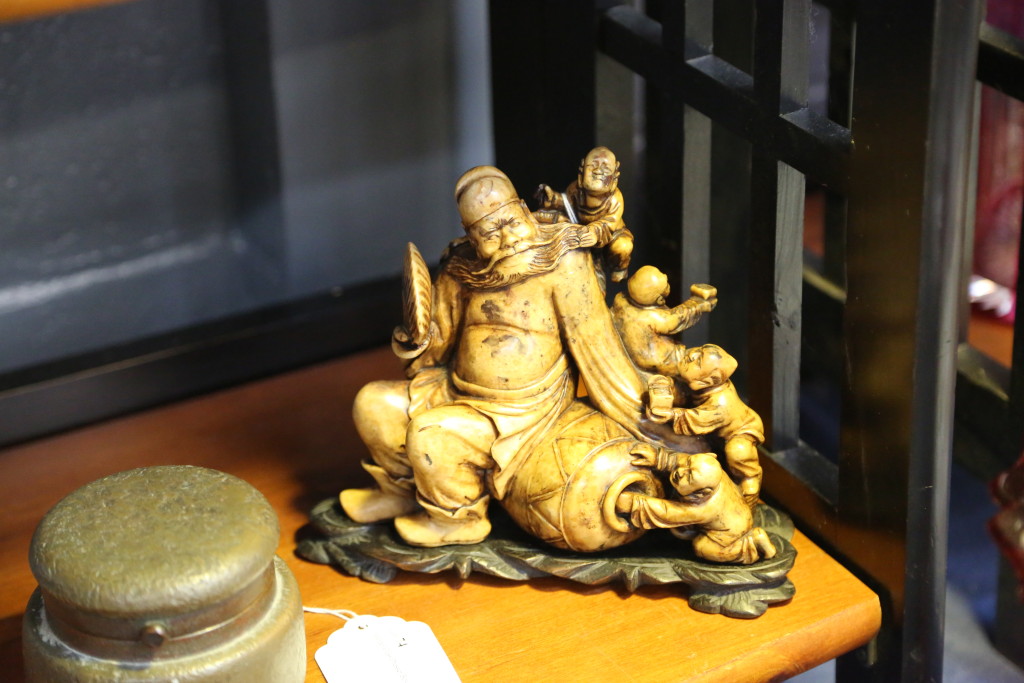LONDON — Queen Elizabeth has formally agreed to make the Ivory Act 2018, a bill that proposes a near-total ban on the trade in ivory into an Act of Parliament within six months time. Experts say they expect the bill to come into force in late 2019, later than had been previously predicted.
Commenting on the timing, a spokesman from the Department for Environment, Food and Rural Affairs said, “Time is required to make sure the ban can be implemented effectively and robustly. Secondary legislation is required to do this, an online registration system needs to be developed and guidance to be issued. It is critical that all of these elements are in place before the ban can be put into effect.”
There are exemptions in the legislation, such as pre-1918 portrait miniatures where the visible surface area measures less than 125 square inches, items with less than ten percent ivory by volume made prior to 1947, as well as items characterized as “the rarest and most important items of their type” made before 1918, items sold to and between accredited museums and musical instruments containing less than 20 percent ivory made prior to 1975.
However, the ban on elephant ivory is expected to be extended to cover other ivory-bearing species, such as hippos, walruses and narwhals.





